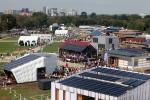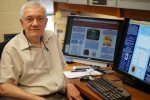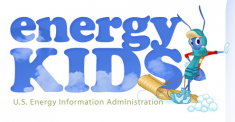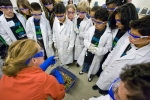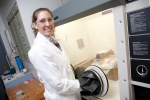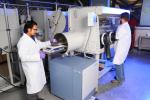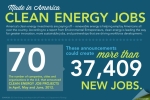Allegheny College is committed to creating a local clean energy economy.
Register your middle school or high school team for the nation's largest science knowledge competition.
The Energy Department's Solar Decathlon has a 10-year history of preparing the next generation of energy leaders to enter the workforce.
Students and researchers in Georgia, Illinois and Tennessee will conduct nuclear energy research to address the industry’s complex issues thanks to an Energy Department award.
Tell us how to make this system innovative, flexible and agile.
The University of Maryland designs a waste-to-energy system that will help the university reduce energy usage and improve its environmental footprint.

